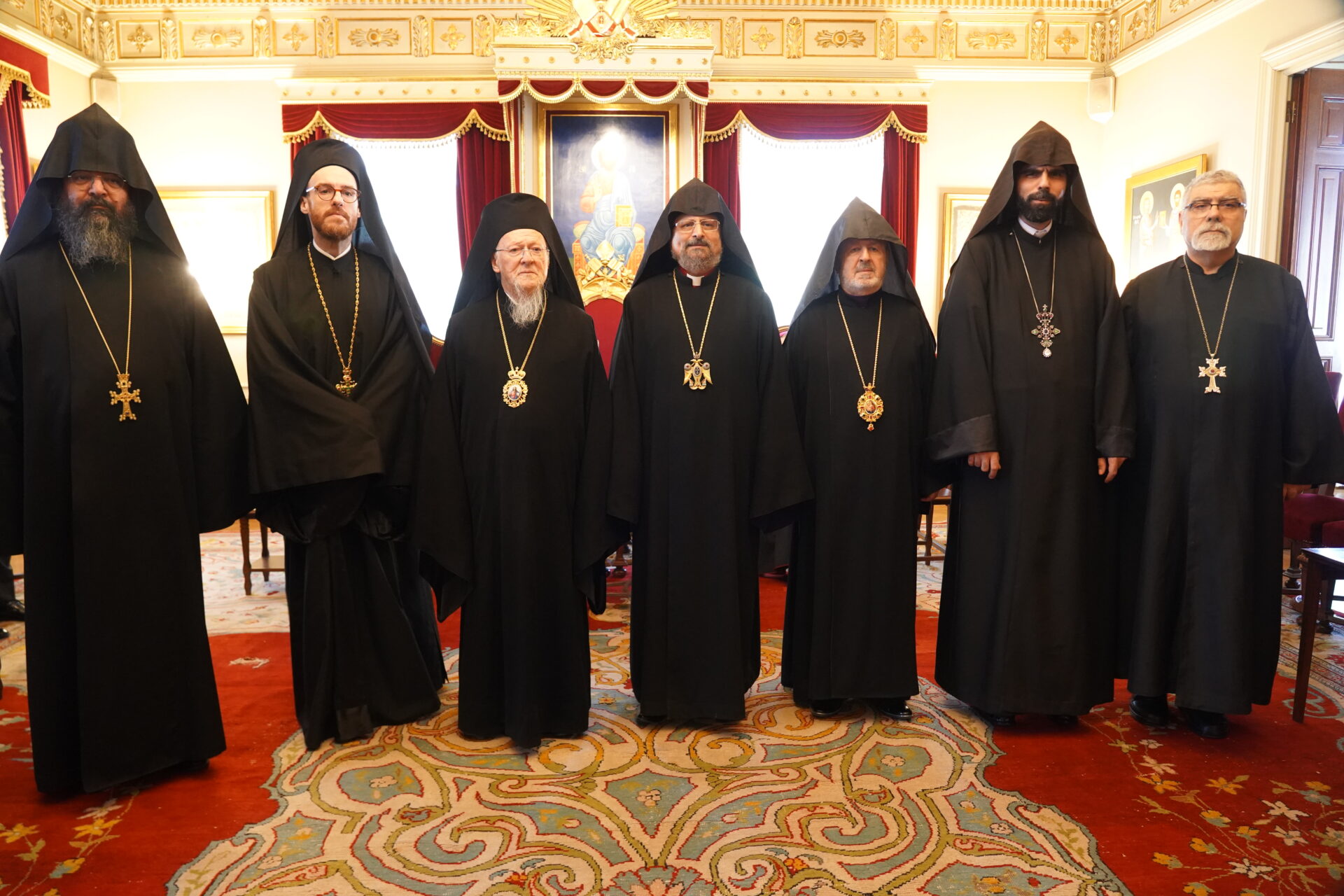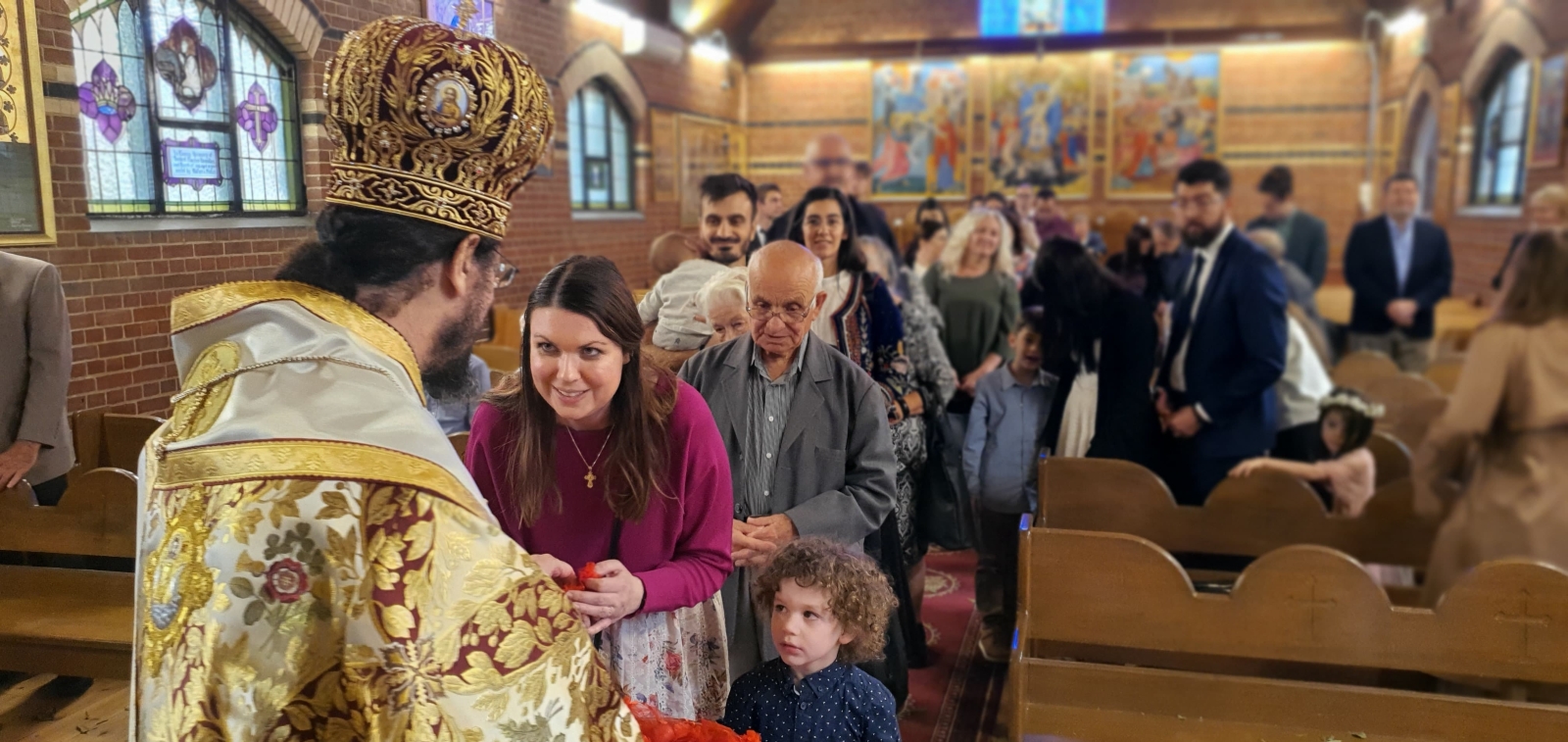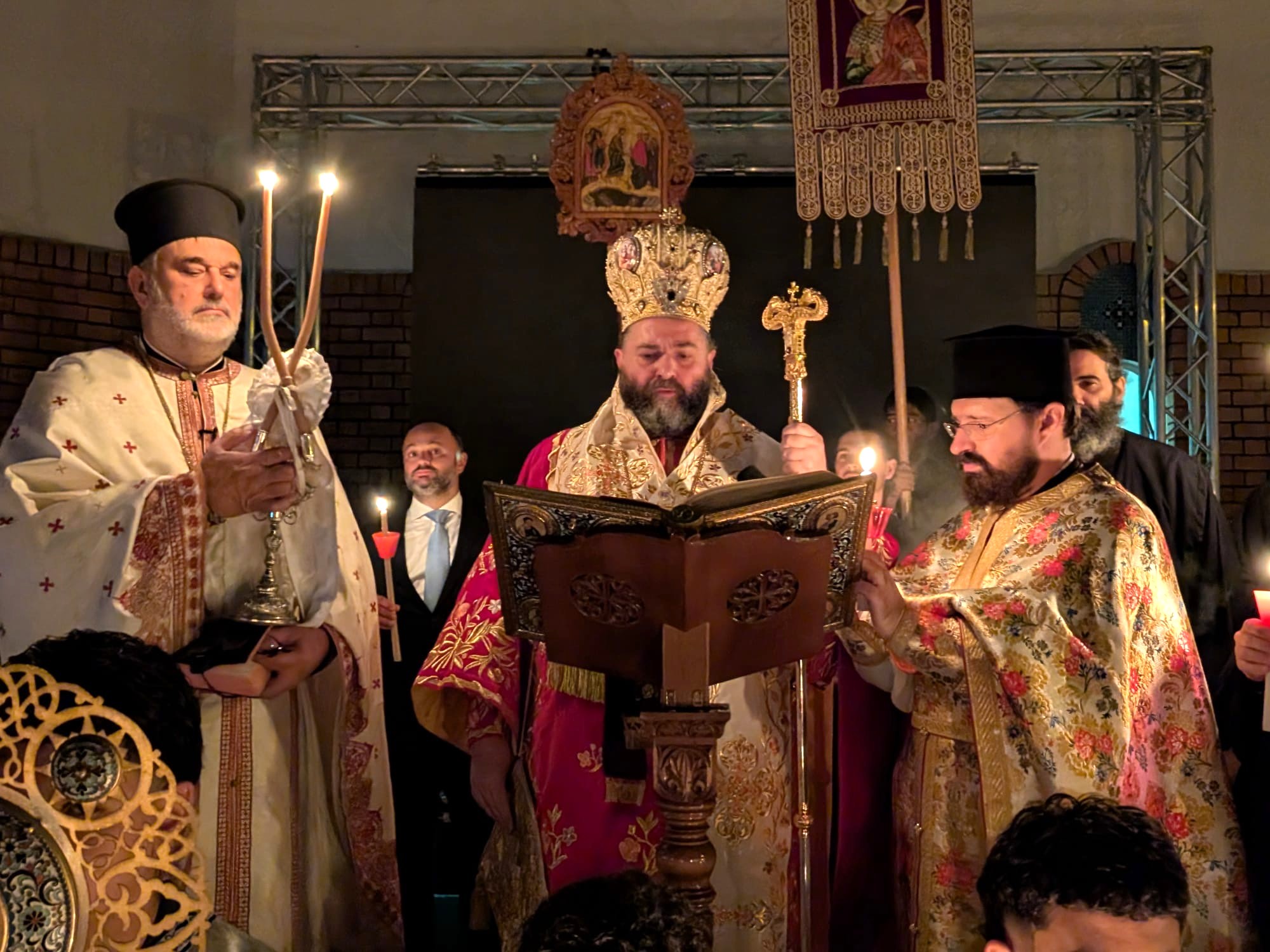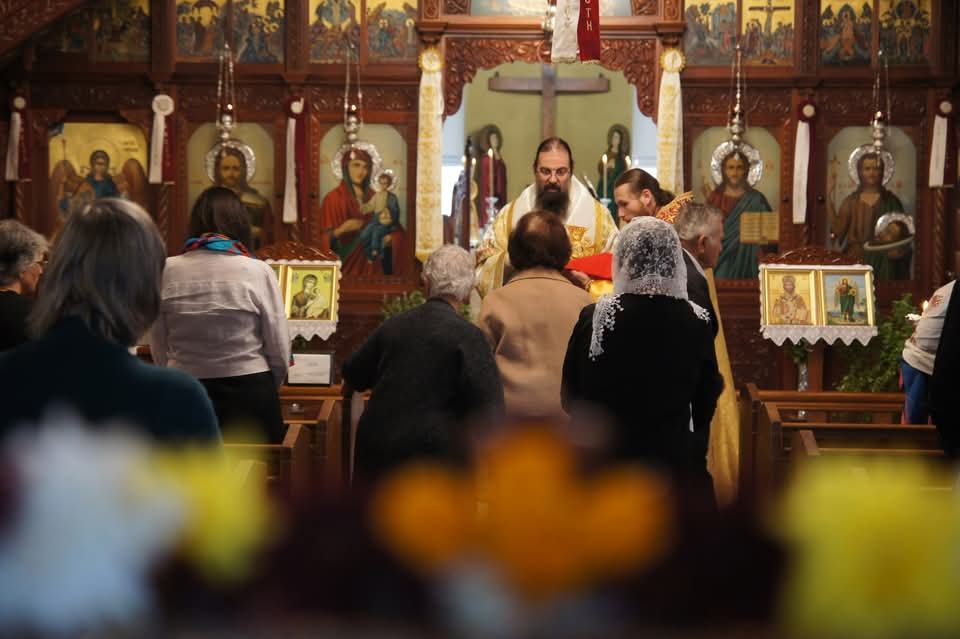Elder Metropolitan Emmanuel of Chalcedon condemns total alignment of Patriarch of Moscow with the Kremlin
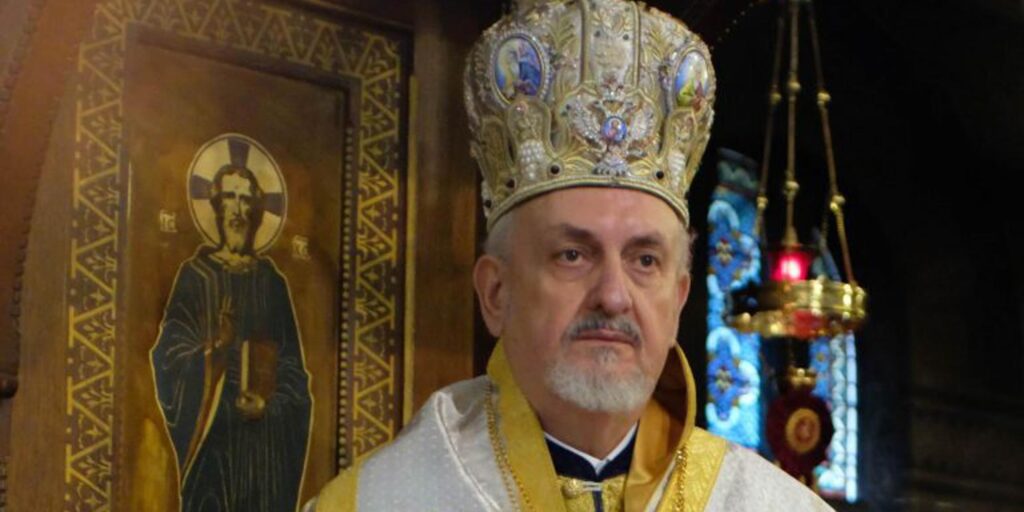
His Eminence Elder Metropolitan Emmanuel of Chalcedon strongly condemned Patriarch Kirill of Moscow’s complete alignment with the Kremlin’s policies in a wide-ranging interview he gave to the French newspaper Le Monde on the occasion of the publication in French of his latest book, Libres enfants de Dieu (Free Children of God, published by Cerf).
In the article entitled “War in Ukraine: There is a rupture, but not a schism, within the Orthodox Church” and subtitled “Emmanuel Adamakis, Metropolitan of Chalcedon, one of the most senior hierarchs of Orthodoxy, analyses the crises shaking Orthodox Christianity. Accusing Patriarch Kirill of Moscow of “distorting” the Gospel, Metropolitan Emmanuel notes that Patriarch Kirill’s alignment with Russian power became absolute in 2022. By explicitly supporting Putin’s war, Kirill went so far as to bless weapons of mass destruction.
“Such a distortion of the Gospel is incomprehensible and unacceptable to any Christian! In Russia, secular and spiritual powers have become the same. But as early as 1872, at the Council of Constantinople, the Orthodox Church had condemned the excessive confusion between religion and nation, church and state, as a quintessential form of ‘modern heresy,’” he notes.
Commenting on Kirill’s decision to support Putin, Metropolitan Emmanuel explains that Putin sought to fill the ideological vacuum left by communism by reconstructing a new identity rooted in, among other things, religion. He goes on to note that “scarred by the terrible persecutions of the Soviet era, the hierarchy of the Russian Orthodox Church rushed into Putin’s embrace. Honors, funding, speeches glorifying the church, and even legislation favouring Orthodoxy helped Putin cement this subservience to his power. Nevertheless, the Russian Church is not just Kirill. Clergy, monks, and laypeople disagree with his stance, though they cannot publicly challenge it, since any open opposition exposes one to real dangers in today’s Russia.”
He continues: “To the original motives of this war – which are geopolitical, political, and economic – has been added the alleged protection of the ‘Russian World’ (Russkiy Mir). According to this theory, the regions of the former USSR belong to the Russian cultural sphere and must remain within it. From a religious perspective, this leads to the conclusion that the Orthodox ecclesiastical authorities of the Russkiy Mir – and especially the Ukrainian Church – must submit to the Patriarchate of Moscow. This goal has been explicitly articulated by the Russian Foreign Minister, Sergey Lavrov”.
Asked by the journalist whether one can speak of a schism within the Orthodox Church, Metropolitan Emmanuel of Chalcedon replies that there is indeed a rupture, but it is not a schism in the strict sense of the word, noting that “a schism presupposes a disagreement on the level of doctrine – and there is no such doctrinal disagreement within the Orthodox Church.
As for the reasons that drove Patriarch Kirill to this rupture, he responds that the catalyst was the granting of autocephaly (independence) to the Ukrainian Church. Finally, he dismisses as “ridiculous” Moscow’s accusation that the Ecumenical Patriarchate of Constantinople is trying to expand its influence in Ukraine. As he explains, if Ecumenical Patriarch Bartholomew granted independence to the Ukrainian Church, it was certainly not intending to control it.
Source: orthodoxtimes.com

